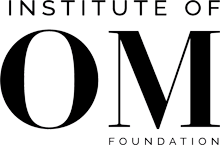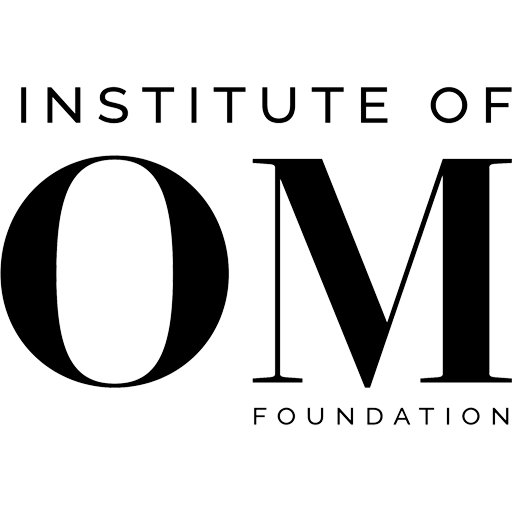Historically, social convention has held erotic impulses to be inherently bad, and that acting on them would lead to loss of affection or status or safety.
However, suppression of the Erotic Impulse Suppression Syndrome (EISS) is a protection mechanism, which over time also may lead to at least one of the following behavioral/emotional symptoms.
“Tumescence,” which is also frequently defined as engorgement of erectile tissues in preparation for sexual activity, is used as an alternative name for the phenomena of Erotic Impulse Suppression Syndrome.
- Anorexia/deprivation: loss of desire for food and/or sex. No longer feels the erotic impulse.
- Sublimation: redirection of the erotic impulse to more acceptable activities, such as exercise or work or taking care of others. Such, suppresses the erotic impulse, replaced by a desire for these other activities, deemed more acceptable.
- Pendulum/erratic behavior: mania, aggression, conflict, alternating with bouts of control. Still recognizes the impulse but works hard to control it. In the DSM as disruptive, impulse-control, and conduct disorders covering disorders “characterized by problems in emotional and behavioral self-control.
- Impulse Control: may be dysregulated as observed TD Tourette’s impulse control disorder and may be impacted Overconsumption: can be food, drugs, shopping, porn, related or unrelated to the erotic impulse. The desire is to create a distraction from or numbing of the impulse.
- Avoidance/Aversion: sense of disgust at stimuli that trigger the erotic impulse, perhaps replaced by phenomena like anorexia, anhedonia, or depression.
EISS may also accompanied by additional symptoms, including but not limited to:
- Vaginismus
- Chronic Fatigue
- Anxiety
- Chronic Pain with unknown underlying biological cause
- Stress
- Paranoia
- Decreased Immune Function
- Suppression of the erotic impulse may be considered a form of internalized or culturally-induced trauma, in which a natural and powerful drive is considered dangerous, and disconnection-from-self ensues as a protection mechanism.
Similar to other forms of trauma, these symptoms reflect the dysregulation of a nervous system trapped in a stress response. Dysregulation, also known as emotional dysregulation, refers to a poor ability to manage emotional responses or to keep them within an acceptable range of typical emotional reactions. This can refer to a wide range of emotions including sadness, anger, irritability, and frustration.
Metabolically, this phenomena may be associated with a dysregulated hypothalamic–pituitary–adrenal axis and imbalanced stress hormones.
Physiologically, the body may armor itself, generating chronic patterns of involuntary tension in the body that dampen or block emotional expression, alter perception of both the outer and the inner psychological world, diminish or eliminate kinesthetic awareness and other sensations, and resist range of motion and movement.
The Erotic Impulse Suppression Syndrome EISS and sleep may be modulated by the OM practice and a study is underway to evaluate this.


